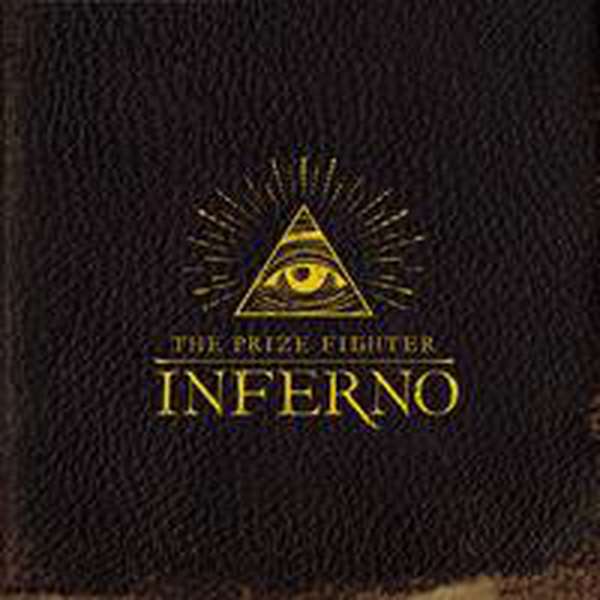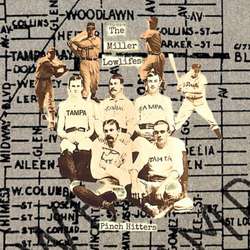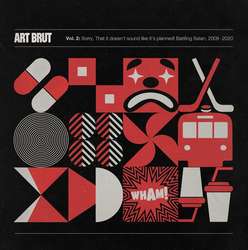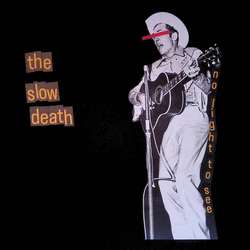There are some things in life that you either love or hate, and one of these are the vocals of Coheed and Cambria frontman and creative mastermind Claudio Sanchez. Much like the notoriously high-pitched Geddy Lee (of Rush), Sanchez has a unique style of singing that is palatable to some, and to others comparable to the wailings of a pre-pubescent girl. Why does all of this matter, you may be asking? Well, if you don't enjoy the vocal element of Coheed and Cambria then you're going to hate it on The Prize Fighter Inferno because - yes, you guessed it - The Prize Fighter is none other than Claudio Sanchez. My Brother's Blood Machine is the first effort from Sanchez's solo project and is apparently what Coheed and Cambria was originally intended to sound like - a mixture of acoustic guitar and electronica, a little like The Postal Service.
Am I mentioning Coheed and Cambria too often? It's difficult not to. The entire story of My Brother's Blood Machine is just another part of the Coheed and Cambria mythology, written as a prequel to The Second Stage Turbine Blade - although you would be forgiven for not noticing. Without any prior knowledge of the story behind the music it would be easy to dismiss the lyrics as nonsensical, as Sanchez is rarely plain-speaking. In this case, the album tells the story of, among other things, two brothers who build a machine to collect blood and souls for God - a surprising subject matter, given the albums often child-like sound, particularly on cutesy 8-bit tracks like "A Death in the Family." One nice touch, from a presentation point of view, is that the albums lyrics are printed on the back of eight Tarot cards, in-keeping with the bizarre and slightly occult feeling of the back-story.
All of this begs the question, of course, of whether or not My Brother's Blood Machine is up to par with the rest of the Coheed and Cambria 'canon'. "The Margretville Dance" is easily as catchy as "A Favor House Atlantic." The secret seventy-eighth track "78" features some nice guitar-work, sadly sparse on the rest of the record, though that's to be expected when comparing progressive rock to electronica. It's an unusual, though by no means bad, addition to Sanchez's body of work and leaves me wondering just which musical avenue he'll explore next - and which genre he'll choose as the next storytelling medium for his audio-epic.



